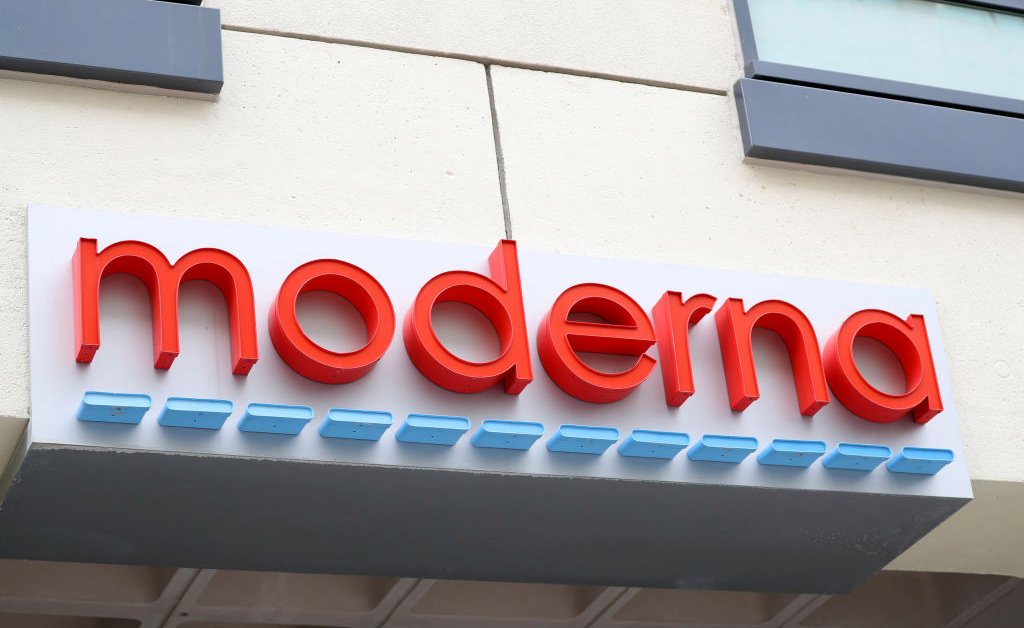Moderna Therapeutics, a Massachusetts-based biotech company, has announced that it had finalized the Phase III clinical trial for its COVID-19 vaccine candidate, called mRNA-1273, in July.
The experimental vaccine has been the furthest ahead in clinical development, which was given to the first patient in its Phase I clinical trial with the National Institute of Allergy & Infectious Diseases (NIAID) on March 16 and the second dose was given on April 23.
Moderna’s vaccine candidate is an mRNA vaccine against the new coronavirus, which targets one kind of spike protein that is associated with an intense immune response to the virus.
The company is set to conduct the Phase III trial, the final stage for FDA approval, which will enroll about 30,000 participants in the United States. The participants will be divided into two groups, with one receiving the vaccine and the other a placebo.
Moderna finalized the vaccine dose at 100 micrograms. The company believes that it could deliver more than 500 million doses a year.
Tal Zaks, Chief Medical Officer at Moderna, said, “We look forward to beginning our Phase III study of mRNA-1273 with some 30,000 participants in July.”
“Moderna is committed to advancing the clinical development of mRNA-1273 as safely and quickly as possible to demonstrate our vaccine’s ability to significantly reduce the risk of COVID-19 disease,” he added.
Last month, Moderna released the results of Phase I trial of mRNA-1273, reporting overall positive results for both safety and efficacy. However, the company did not release a lot of details on the actual data.
Some experts said Moderna did not release results from the other 37 trial participants. They are not saying Moderna is hiding any negative results, but the data the company provided is not sufficient for a real evaluation. Moderna CEO Stephane Bancel told investors, “Moderna hurried its vaccine results to avoid the findings being leaked and to respect federal securities laws as well as the guidelines and rules required by scientific journals.”























